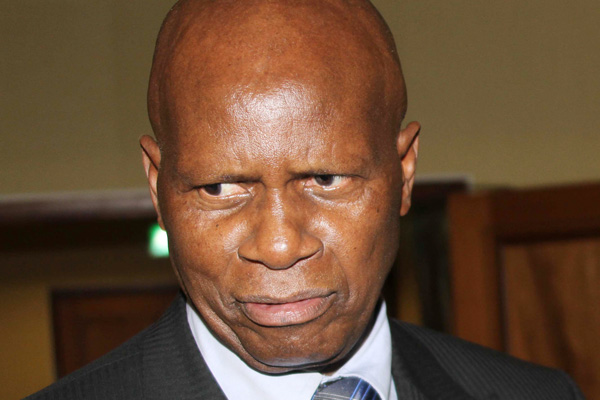
Zimbabwe’s economy will record slower growth rates between 2017 and 2018 due to a worsening liquidity crisis and heightened political risk factors, a leading global investment risk analysis think-tank has warned.
BY OWN CORRESPONDENT
In the latest Zimbabwe Country Risk Report, which examined risks to economic growth between 2017 and 2018, the London-based BMI Research group said although a good tobacco harvest would spur marginal recovery early in 2017, heightened political risks, a “recessionary” economic environment and the out-flow of US dollars would stagnate economic growth.
“Stronger tobacco harvests will see the beginnings of a recovery in 2017, but high levels of political risk will ensure the tailwind impact on growth is neutralised,” the report said.
“The Zimbabwean government’s fiscal position will remain under intense pressure as recessionary economic conditions continue to constrain revenues.
“While increasing exports will offer a boost to government tax intakes in 2017, this will be insufficient to clear outstanding arrears with multilateral creditors, keeping the door shut on important lines of concessional credit.
“Zimbabwe’s liquidity shortage will worsen over the next two years as US dollars continue to flow out of the economy at a faster rate than they flow in,” BMI added.
The Fitch Group company noted that despite a decline in net capital out-flows as the perfomance of key export industries improved in the second half of 2017, the lack of global business confidence in the country’s economic and political outlook would force investors to move their capital abroad.
- Chamisa under fire over US$120K donation
- Mavhunga puts DeMbare into Chibuku quarterfinals
- Pension funds bet on Cabora Bassa oilfields
- Councils defy govt fire tender directive
Keep Reading
Prices are expected to decline up to the end of 2018 as US dollar outflows constrain the money supply chain.
Further, the report said government efforts to increase the volume of money in circulation would fail.
The lack of a succession plan for President Robert Mugabe was cited among the key political risk factors to economic growth amid fears that his sudden death or incapacitation, while in power, could spark internal wars among Zanu PF factions angling to replace him.
“Zimbabwe faces a highly unstable political outlook over the next 10 years, with the succession of President Robert Mugabe a near certainty and very little in the way of plans to replace him,” the report says.
Last week, the London-based IHS Jane’s defence and security risk assessment warned that there was a high risk of war between the Zanu PF factions competing to succeed Mugabe if he died or became incapacitated while in office.
In December last year, Zanu PF endorsed Mugabe as its candidate in the presidential elections due in 2018.
Mugabe has ruled Zimbabwe since independence in 1980. He will be 94 and seeking to extend his reign to 42 years if he contests in 2018.










